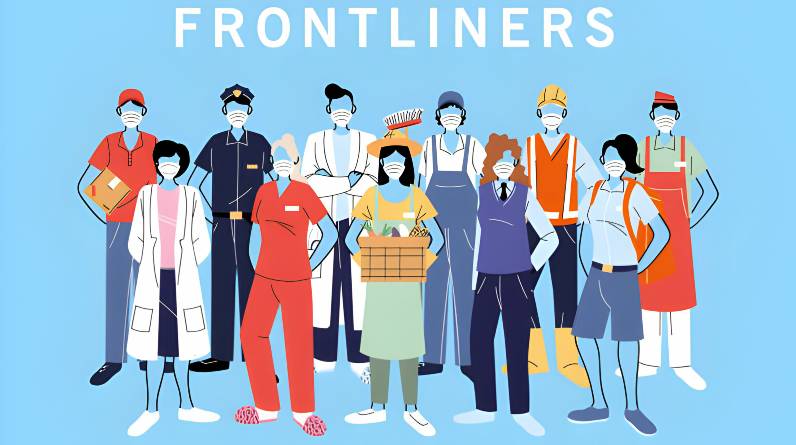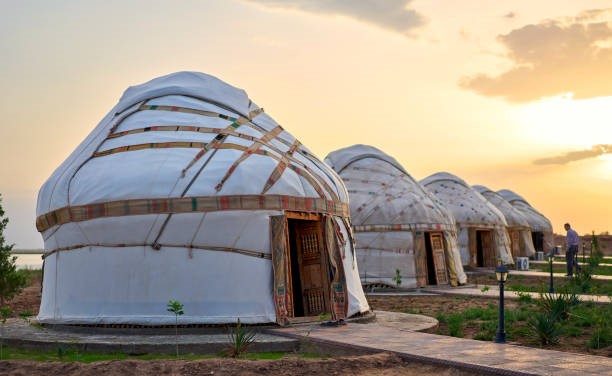
There comes the point in every campaign when it starts to flag. You’re fundraising, but you’re worried about how much longer you’ll be able to keep up your momentum.
What you need is an infusion of energy that you can’t buy with an email blast. Grassroots politics are the kind of organic power that drives a campaign to new heights, a powerhouse that fuels victory.
Grassroots campaigns have been proven to be better at building communities, translating ideas into votes, and achieving long-term wins.
If you’re interested in learning more about the power of grassroots politics and how to harness it, continue on reading.
What is Grassroots Politics?
Grassroots politics is a form of democratic engagement that gives regular or everyday citizens a direct say in the political process. It relies on people coming together to take action on the following:
- local issues
- national issues
- global issues
Grassroots politics involves bottom-up organizing, mobilization, and self-determination to bring about progressive change. This is done through direct action, encouraging people to participate in their own communities and creating alternative forms of community representation.
It also involves creating and engaging with networked campaigns that can reach out to marginalized populations consistent with progressive values.
By linking these regional and local campaigns, the grassroots structure of politics helps build greater awareness and can be used to pressure political elites. Ultimately, grassroots politics ensures that the power of decision-making is held by the people in their efforts to bring about positive change.
Benefits of a Grassroots Movement
Grassroots politics is a type of politics that involves people coming together in a voluntary and informal way with a shared goal. It is based on the idea that everyone has the power to make a positive impact on their community, and collective action is the best way to do that.
It often works by citizens taking collective action to put pressure on their elected representatives to take action on their behalf. Benefits of this type of movement include:
- more political participation
- more people in the decision-making process
- more diverse representation
It can also encourage citizens to become educated on various issues and come together to work towards common goals. Grassroots politics also allows for more effective local organizing and problem-solving. It allows individuals to work from the ground up in their efforts to create meaningful change. It can be part of a larger national or global movement and is an important tool for progress.
Strategies for Engaging in Grassroots Politics
Grassroots politics refers to the process of mobilizing people from a grassroots level or starting from the bottom up in order to effect change. It’s an effective way for individuals to get their message heard and demands addressed. To engage in grassroots politics, first, identify the issue or problem that you want to address.
Then develop a strategy to mobilize people and support your cause. This could range from:
- door-to-door canvasing
- attending rallies and protests
- distributing flyers
- using social media
Establish alliances and build relationships with local organizations and activists to give your cause more visibility. Collaborate with other groups to:
- gain more support
- stronger resources
- political leverage
Additionally, take some initiative to be proactive and reach out to key stakeholders to build relationships and discuss policy issues. This could include visiting elected officials, creating rallies or petitions, and publishing reports that bring attention to the problem. Finally, stay informed and be open to change, always adapting your strategy as needed.
Successful Examples of Grassroots Politics
Grassroots politics refers to citizen-led political action taken in an effort to influence or participate in the democratic process. Some examples of successful grassroots politics include protests, voter registration drives, letter-writing campaigns, and demonstrations.
For instance, the Black Lives Matter movement is an example of successful grassroots politics. Its easily transferable message has been seen all over the world, particularly in the United States. This has resulted in significant changes to policy concerning police brutality, racism, and the criminal justice system.
Additionally, the push for the legalization of gay marriage in the United States was largely credited to grassroots organizations and activists that campaigned for gay rights. The result was the legalization of same-sex marriage in all 50 states.
Finally, campaigns such as the #MeToo movement, March for Our Lives, and fundraisers for politicians during election cycles are also successful examples of grassroots politics. Overall, these examples illustrate how powerful grassroots politics can be when it is organized and mobilized.
Challenges of Grassroots Politics
Grassroots politics is a form of political activism that challenges the existing political system and often proposes new solutions but also presents its own set of challenges.
Due to grassroots politics relying on local interest and participation, it can be difficult to generate enough momentum for significant challenges to the status quo. Furthermore, the lack of resources and funds for mobilization can pose difficulties for grassroots activists and hinder their ability to reach a wider audience with their cause.
Additionally, the mainstream media often overlooks grassroots politics, with stories from those directly affected and their demands receiving little exposure.
Lastly, the inaccessibility of certain decision-makers on the political spectrum can be a challenge for grassroots organizers, who must ensure their voices are being heard by the relevant parties in order to get the necessary changes implemented.
Now that you’ve learned about Grassroots lobbying, get to know about Direct Lobbying misc through the link.
Explore Grassroot Politics
Grassroots politics are a powerful way to create real change on issues that matter to us all. They allow us to come together to create policies, build support networks, and produce action. Get involved today and make your voice heard – you’ll be surprised by the impact you can have!
By connecting people at all levels of government and civil society, it can create broader levels of public engagement necessary to bring positive systemic change. If you want to get involved in promoting positive change, start by learning more about grassroots politics, and then get out there and make your voice heard!
Did you find this article helpful? Check out the rest of our blogs!






